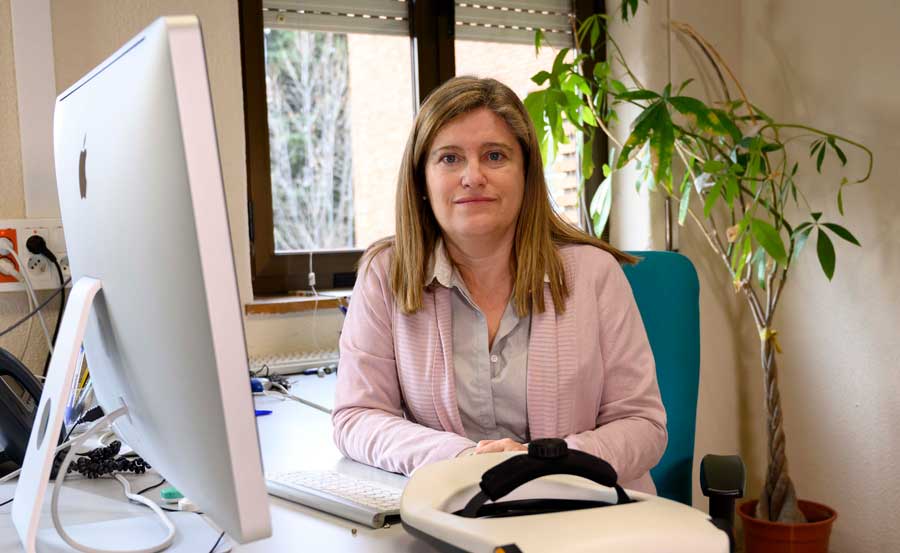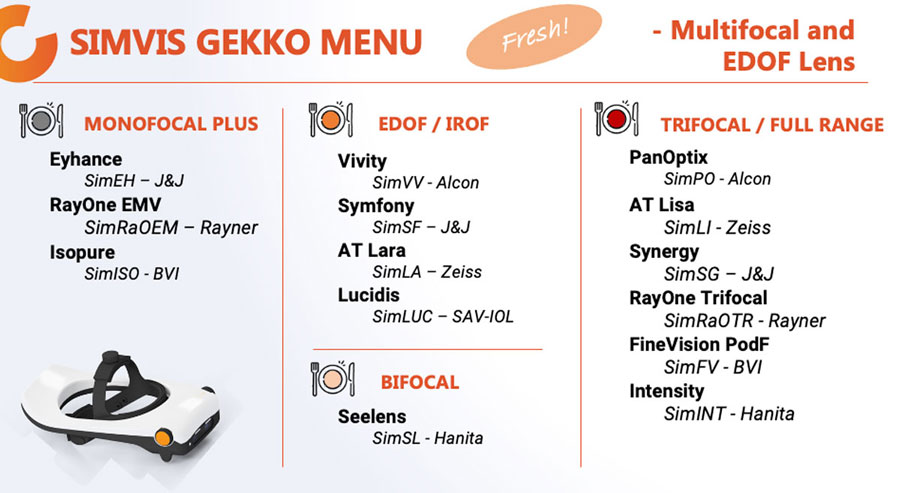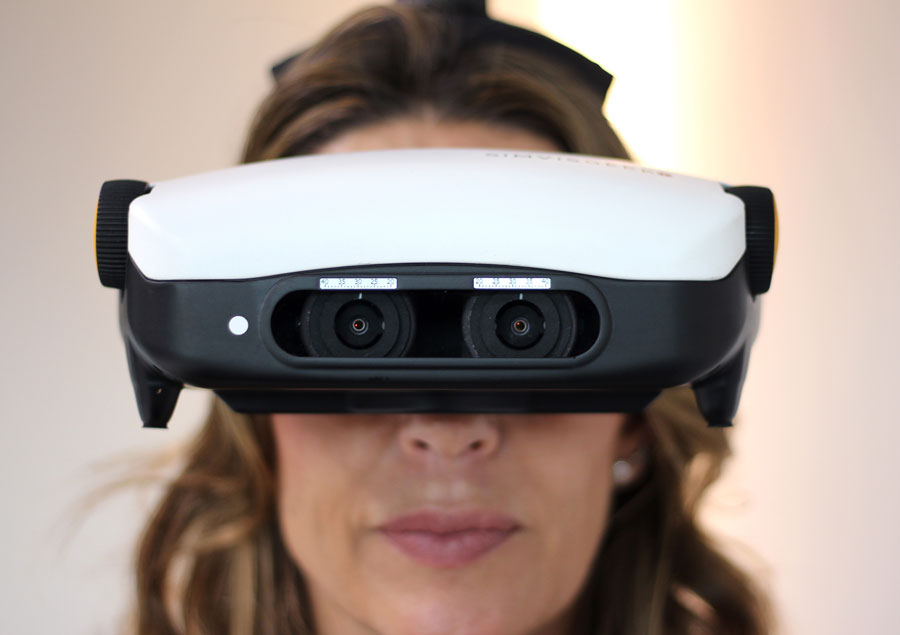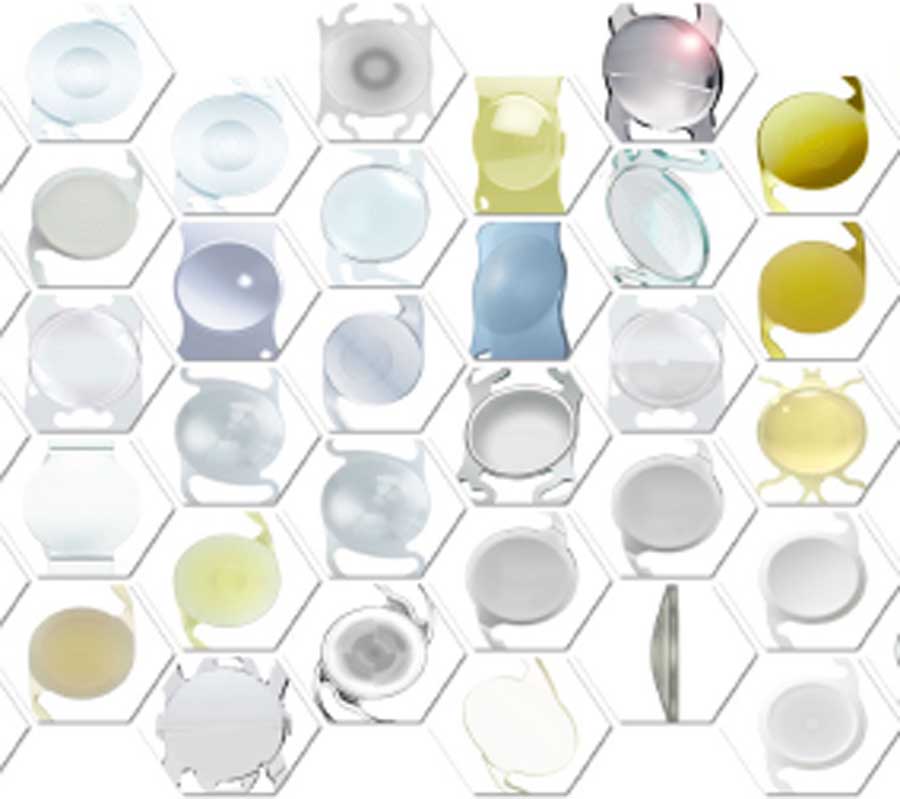Addressing presbyopia
An age-related visual impairment that affects millions of individuals in Europe
Susana Marcos, a renowned physicist with over 20 years of experience in the field of vision, has achieved numerous accolades, directed the Institute of Optics at CSIC, and served on the board of directors of the American Optical Society. Her recent accomplishment includes securing €150,000 from the European Research Council (ERC) to develop a simulator that assists patients in selecting the most suitable lens for their eyes. Her project focuses on addressing presbyopia, an age-related visual impairment that affects millions of individuals in Europe.
The ERC’s Proof of Concept initiative, launched in 2011, aims to support the market entry of innovative projects by providing funding to exceptional researchers. Spain, following the United Kingdom, has received the second-highest number of grants under this program. Susana Marcos, as one of the recipients, leads the Visual Optics and Biophotonics Laboratory at CSIC, where her project aims to explore ways to assist patients with presbyopia.
The main objective of Marcos’ ERC-funded project is to understand the mechanisms of the crystalline lens and its age-related failure, which causes the loss of accommodation and the need for corrective measures to see objects up close. Through the development of technology, Marcos and her team have created a simulator that enables patients to visualize and experience their vision before undergoing surgery or adapting to multifocal contact lenses for presbyopia correction.
The technology consists of a flexible lens, different from the rigid lenses used in cataract surgery, which mimics the natural behavior of the crystalline lens. This innovative solution allows the simultaneous focusing of near and far images onto the retina, offering patients a completely new visual experience. While inspired by adaptive optics instruments used in astronomy, Marcos and her team have simplified the elements to create a compact prototype resembling binoculars, through which patients can view the outside world.
The ultimate goal is to develop a commercial product that is even smaller than the current prototypes, resembling glasses or a virtual reality headset.
With the support of the ERC’s Proof of Concept funding, the team aims to advance the commercialization process. They anticipate that clinicians will have access to the device later in the same year, with units available for sale by early 2017.
The lenses can be programmed using a portable device, allowing patients to select and experiment with various pre-programmed lens options. The ERC’s Proof of Concept grant provides support for activities that are not typically integrated into research projects, such as intellectual property development, patent generation, investor presentations, and legal and regulatory consultations. Marcos emphasizes that this funding will provide crucial momentum and necessary elements to bring the prototype to the commercialization phase.
In addition to her current project, Marcos has also made significant contributions through patent development. Her work has been recognized both in fundamental research and innovation, with patents aimed at improving the vision of individuals who have lost accommodation ability. The awarded patent in 2010, for example, aimed to enhance cataract surgery and individualized vision correction. Marcos’ research aligns with the current Proof of Concept project, as it allows the selection of a multifocal lens based on the patient’s visual needs.
Aside from her research endeavors, Susana Marcos serves on the board of directors of the Optical Society of America (OSA), an organization with a global membership of 19,000 members, including several Nobel laureates. The OSA strives to promote the influence of optics throughout society by publishing high-impact journals, organizing professional conferences, and fostering education initiatives. The association also aims to shape national scientific policies, emphasizing the importance of optics and photonics in improving the economy and establishing high-value technological centers. Marcos highlights the stark difference between the influence of scientific institutions in the United States compared to Europe. While American institutions have a more significant presence in the media and public policy, European institutions struggle to gain similar recognition and support. She emphasizes the need for European scientists to step up their efforts in science communication and advocacy to bridge this gap.
Despite the challenges faced by researchers, such as the limited availability of research funding and the bureaucracy involved in securing grants, Marcos remains resolute in her dedication to advancing optical solutions for vision impairment. Her visionary work on presbyopia holds the promise of providing individuals with a lens that replicates the natural accommodative ability of the young crystalline lens, thereby restoring their ability to focus and enhancing their quality of life.
Susana Marcos’ dream of restoring the ability to focus vision for those who have lost it represents a significant breakthrough in the field of vision science and offers hope for individuals affected by presbyopia. With her remarkable achievements and ongoing commitment to innovation, Marcos continues to pave the way for advancements in optical technologies that have the potential to revolutionize the field of ophthalmology and bring transformative changes to the lives of countless individuals.





0 Comments